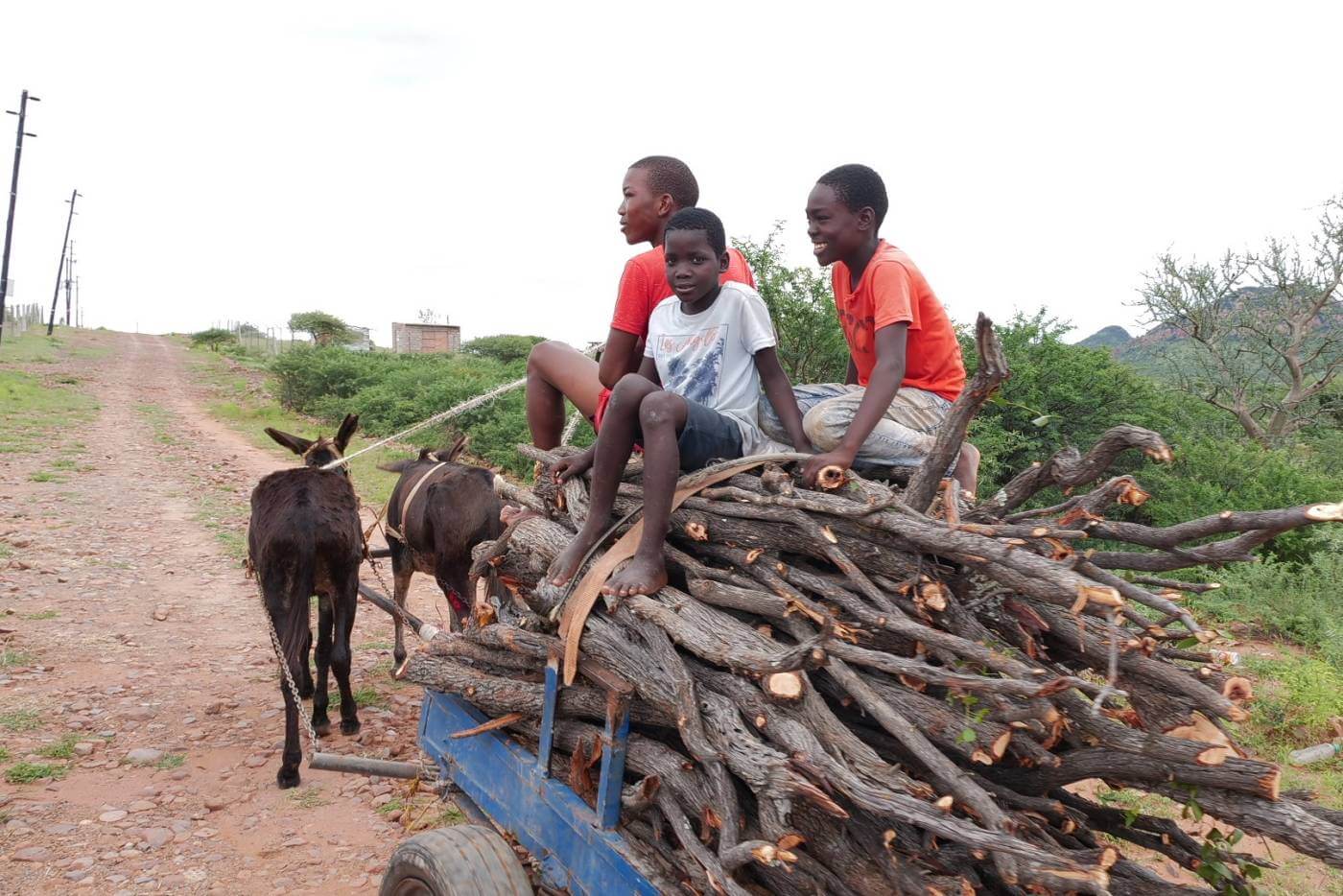
Proposed Coal-Powered Industry Plan Will Destroy Pristine Habitats – Opponents
Makhado, South Africa Proposals for a coal-powered industry hub in lush Limpopo promise jobs, but opponents say it will destroy pristine habitats, hike emissions and harm residents’ health
South Africa’s northern Limpopo province is known for its lush forests, national parks, fruit farms and heritage sites – but lately its green image has come under threat from a proposed multi-billion-dollar industrial mega-project.
Made up of a cluster of 20 steel and other metalworking plants and fuelled by a coal-fired power station, supporters say the project would create much-needed local jobs, while opponents warn it would spell catastrophe for the climate and health.
“We are worried that if the project goes ahead, we will be wearing masks for years to come, not because of coronavirus but because of pollution,” said environmental activist Innocent Ramuhala from Mudimeli village, close to the proposed site.
“We have so many questions and so few answers,” said Ramuhala, secretary of the Mining and Environmental Justice Community Network of South Africa (MEJCON-SA).
The planned Musina-Makhado Energy-Metallurgical Special Economic Zone (EMSEZ) would cover 8,000 hectares (19,768 acres) with industrial facilities including a coal washer and plants for coking coal, ferromanganese, steel and cement.
It promises to provide nearly 54,000 jobs in a province with 22% unemployment, according to government data.
But critics say South Africa is already Africa’s biggest emitter of planet-heating carbon dioxide due to its heavy reliance on coal for electric power, and is failing to align its energy policy with a pledge to reach net-zero emissions by 2050.
Zaid Kalla, spokesman for the Limpopo Department of Economic Development, Environment and Tourism (LEDET), which is tasked with assessing the Limpopo project’s merits, said “balancing economic, social and environmental benefits … forms part of the ongoing review and consideration of the application”.
The Centre for Environmental Rights (CER), a South African environmental law organisation, has submitted comments opposing the project on behalf of MEJCON-SA and other green groups.
“We have strong objections to the project – which entails the development of massive, unnecessary and expensive polluting infrastructure,” said Michelle Koyama, an attorney with the CER.
In Mudimeli, which is close to potential coal mine sites mentioned in the project’s environmental impact assessment (EIA), young boys ride past on a donkey-drawn cart.
“These boys should be in school but instead they are driving carts for money,” said Lawrence Neluheni, 37, who had heard about the EMSEZ on the radio but said the details remained hazy.
“Of course we want jobs… But we also want our health – if you are rich but you are sick, then what is the point?” said the construction worker, covered in dust from a day of building.

